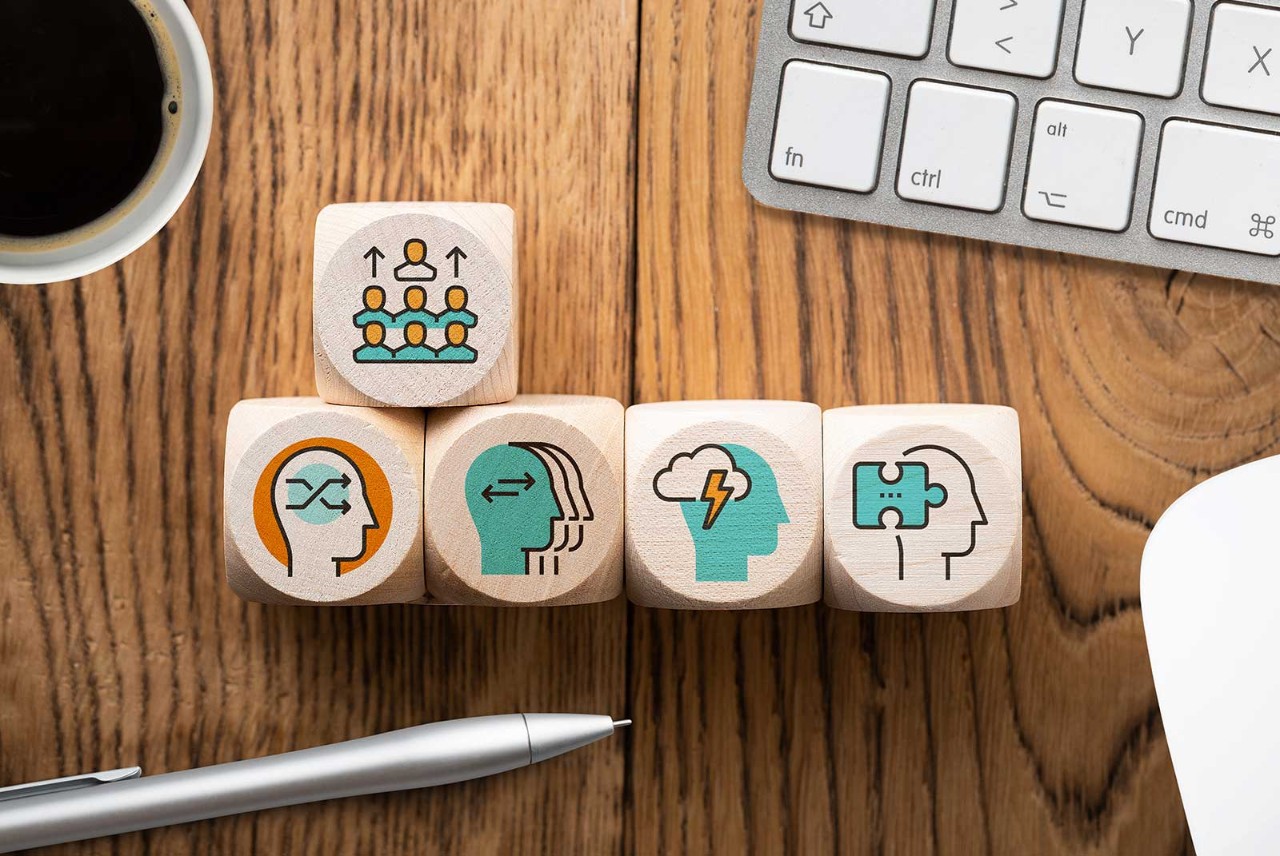
Micro, small and medium-sized enterprises (MSMEs) make up the majority of businesses in operation all around the world. They are the engine of the global economy. No wonder, then, that the United Nations is keen for MSMEs to play a leading role in implementing its Sustainable Development Goals (SDGs) – a collection of 17 linked targets set in 2015 to ensure a sustainable future for everyone on the planet by 2030.
A significant number of larger companies have already taken steps to achieve the SDGs. The social prominence of large corporates requires them to engage with the SDGs in at least some way, and they have the financial capital and resources to devote to making transitions to more sustainable operations.
There is evidence too to suggest that asset managers are using the SDGs as a framework to judge whether companies are sufficiently sustainable to merit inclusion in an impact investing strategy. Including the SDGs in capital allocation decisions will help drive further uptake.
But smaller companies have no investors, no real public prominence, and are not – on an individual level – systemically critical. In fact, globally speaking, many MSMEs are tiny outfits with little money, few people and limited time to dedicate to making themselves SDG-compliant.
It’s clear that the ability of MSMEs to meet the SDGs will rely heavily on government support. So what are national governments doing to help those businesses that make up the bulk of their economy?
Most MSMEs in emerging economies have little time or cash to worry about sticking to goals unlikely to make them more profitable in the short term
Poorer economies struggle
India is unlikely to meet the SDGs target. Joblessness is on the rise, and levels of environmental degradation in the country remain high, jeopardising the decent work and responsible production goals. Many MSMEs in India are employers of the rural poor, and struggle to pay a decent wage. Meeting the SDGs is not a priority when hunger, poor health and structural poverty are everyday threats.
The Indian government has, however, identified areas where it can target help. It has allocated 18bn rupees (US$246m) for generating non-farm self-employment, and 10bn rupees (US$137m) for a national manufacturing competitiveness programme (technology upgrades could underpin more sustainable ways of working). Though neither of these allocations was made specifically with the UN SDGs in mind, they may yet support their implementation.
India’s approach echoes that of many other countries looking to support MSMEs to help achieve the SDGs. Governments of emerging economies in particular have identified credit and incubation support as some of the simplest ways of driving MSMEs towards sustainable operations.
This attitude is reflected in important research from the asset management sector. Impact investment manager Blue Orchard writes that access to finance for smaller enterprises in emerging markets is difficult, and that the SDGs can be achieved only if smaller businesses are able to invest and grow to achieve key planks of the SDG platform, such as job creation.
Focus on loans
In Lebanon, for example, the government is hoping that its pre-SDG 2015 Lebanon SME Strategy roadmap will contain sufficient seeds of growth to make progress towards the UN targets. The roadmap, put together with assistance from the UN, contains a proposal to ‘facilitate the right funding’. The country has since come up with a number of initiatives targeting early-stage entrepreneurs in particular, with, for example, subsidised loans backed by the Banque du Liban, and loan guarantees for MSMEs assessed on the basis of business plan feasibility.
The funding aims to strengthen governance in smaller companies, but it is uncertain how much of an effect on sustainability this will have. With high unemployment, a lingering old economy, high emigration and cash stress, Lebanon has a mountain to climb.
Further information
Read about ACCA’s commitment to the SDGs
Governments of emerging economies in particular have identified credit and incubation support as some of the simplest ways of driving MSMEs towards sustainable operations
In South Asia, Malaysia is also piggybacking SDG support on an existing plan. The country is leveraging its SME Master Plan to tackle key issues hampering progress towards the SDGs, such as a workforce with poor job readiness, low technology uptake, and difficulty complying with regulations.
More options
Countries in more advanced markets have taken a similar funding-focused approach in a generally more targeted manner. Japan, for example, has launched a loan product that ‘includes a subsidy that partially pays the credit guarantee fee of clients who have prepared a management plan that helps them examine their SDG initiatives’.
In Denmark, support has come from outside central government. The UN and the Danish Industry Foundation have set up an SDG accelerator to ‘provide guidance and a comprehensive method to develop new products, services or business models that address the challenges embedded in the SDGs’. The aim is to roll the successful programme out across Nordic countries and globally.
Although there are more options in mature markets, representatives from very advanced economies have suggested that the SDGs are simply too much for MSMEs to handle. A study by the Journal of Management & Organization (Cambridge University) concludes that for those already attempting to operate in a sustainable way, the SDGs mean shifting frameworks, and that the ‘compass’ provided by the UN (with other bodies) is prohibitively complex for MSMEs.
Wider difficulties
The difficult truth may be that those MSMEs able to focus on sustainability are already doing so, and that most MSMEs in emerging and underdeveloped economies have little time or cash to worry about sticking to goals that are unlikely to make them more profitable in the short term – understandably for many, the only term that matters.
And while the accounting framework does not accurately reflect the cost or the longer-term benefits of sustainability, it quite literally pays not to spend on sustainability, since companies reporting using standard metrics will demonstrate ‘better’ performance.
Perhaps the biggest challenge to encouraging sustainability in global MSMEs, though, is helping them understand their role in sustainability, especially where there are high rates of illiteracy and subsistence. With such enormous variance across economic realities, MSMEs’ progress towards the SDGs is likely to be slow.



